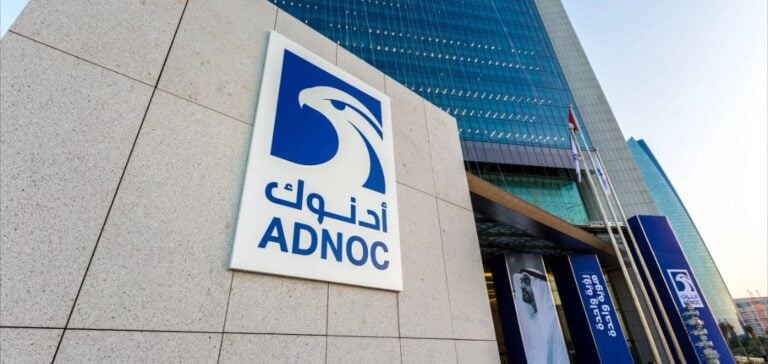Abu Dhabi National Oil Company (ADNOC) announced a planned reduction of 229,000 barrels per day (b/d) in its crude oil production for February 2024. This decision is part of OPEC+ adjustments to align production levels with the quotas set for the United Arab Emirates (UAE). However, observers predict this measure will have a minor market impact.
Adjustment of Production Streams
The reduction will be applied to ADNOC’s four main sour crude streams:
– Murban: -110,000 b/d
– Upper Zakum: -83,000 b/d
– Das Blend: -20,000 b/d
– Umm Lulu: -16,000 b/d
Despite this announced cut, sources close to ADNOC clarified that Murban’s total production in February might remain higher than in January. These fluctuations reflect monthly allocation adjustments often influenced by operational and commercial priorities.
Context of the Reductions
These adjustments are based on production plans established before the December 5, 2023, OPEC+ meeting. During this meeting, the decision was made to extend until April 2025 the additional voluntary production cuts previously implemented.
For the first quarter of 2025, the UAE’s production target is set at 2.912 million b/d, compared to an average of 3.020 million b/d for the same period in 2024. This includes a specific target of 2.972 million b/d for January and 3.02 million b/d for February. These adjustments align with the gradual increase of production quotas by 300,000 b/d starting in April 2025.
Limited Market Impact
Asian traders of sour crude estimate that these reductions will have minimal impact on oil markets. Several factors support this analysis:
– A significant portion of Asian refinery capacity will be offline for maintenance during the first half of 2024.
– A surplus in supply persists, particularly with unsold Middle Eastern crude cargoes from the January loading cycle.
A trader explained that demand for February and March is expected to remain weak due to the end of the peak season. Maintenance shutdowns at refineries will also further decrease short-term demand for crude cargoes.
ADNOC, which has not yet officially commented on this reduction, is expected to adjust its final allocations based on operational tolerances and the specific requests of shareholders.
Towards Long-Term Stabilization
These adjustments reflect OPEC+’s ongoing efforts to stabilize the global oil market amid economic uncertainties and fluctuating demand. Traders and observers remain attentive to the implementation of the UAE’s upcoming production plans, particularly the transition to higher production levels starting in April 2025.






















